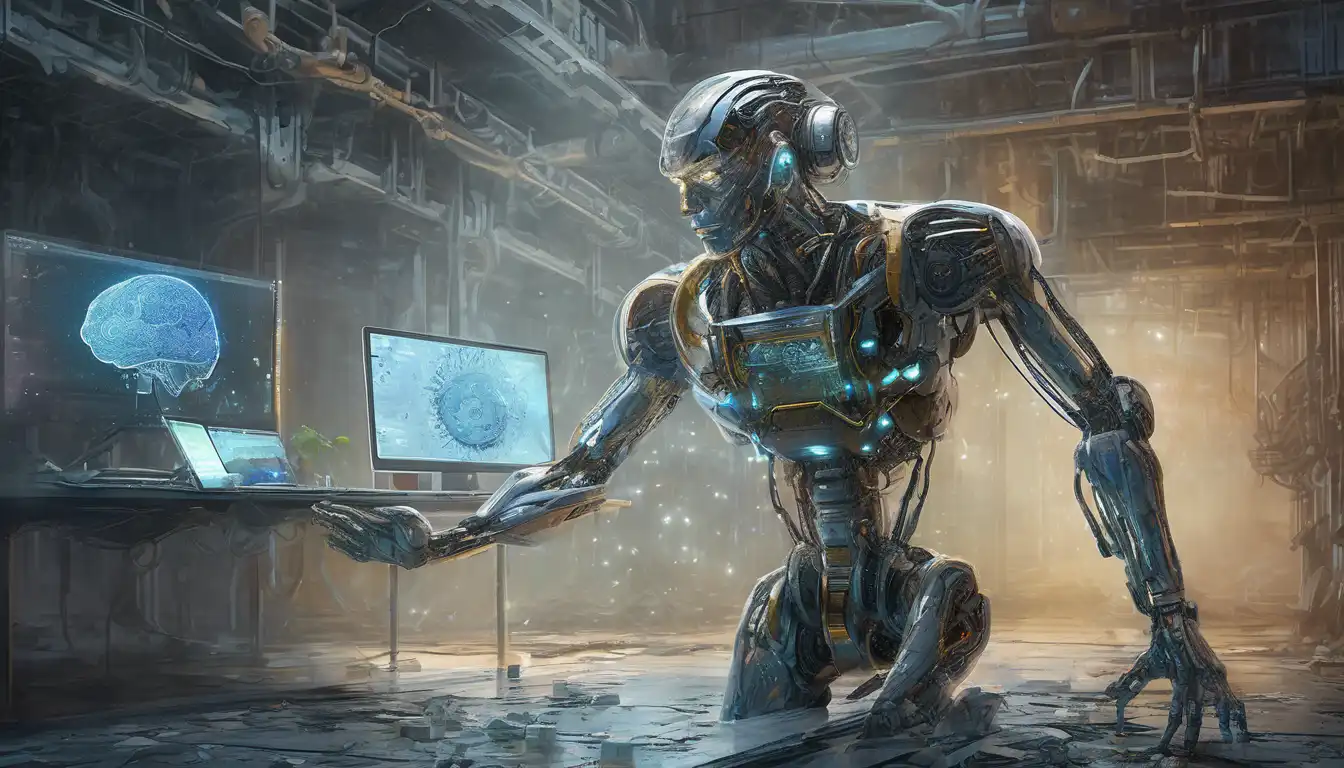Introduction to Artificial Intelligence
Artificial Intelligence (AI) has become a cornerstone of modern technology, influencing everything from how we shop to how we work. Despite its widespread application, there are numerous myths surrounding AI that obscure its true potential and limitations. This article aims to separate fact from fiction, providing a clearer understanding of what AI can and cannot do.
Myth 1: AI Can Think and Feel Like Humans
One of the most pervasive myths is that AI possesses consciousness or emotions akin to humans. In reality, AI operates based on algorithms and data inputs. It can simulate aspects of human thought processes but lacks self-awareness or genuine emotional responses. For more insights into how AI works, explore our guide on AI mechanisms.
Myth 2: AI Will Replace All Human Jobs
While AI is transforming the job market, the notion that it will render human labor obsolete is exaggerated. AI excels at automating repetitive tasks but struggles with jobs requiring creativity, emotional intelligence, and complex decision-making. The future likely holds a collaborative relationship between humans and AI, enhancing productivity rather than replacing it entirely.
Myth 3: AI Is Infallible
AI systems are only as good as the data they're trained on. Biases in data can lead to skewed outcomes, and without human oversight, AI can make errors. Understanding the limitations of AI is crucial for its ethical and effective use. Learn more about AI ethics and challenges in our dedicated section.
Reality: AI Is a Tool, Not a Magic Solution
AI is a powerful tool that can solve specific problems when used correctly. It's not a one-size-fits-all solution but a technology that requires careful implementation and management. By demystifying AI, we can better harness its potential while being mindful of its limitations.
Conclusion
Understanding the myths and realities of AI is essential for navigating the future of technology. By dispelling common misconceptions, we can appreciate AI's true value and work towards its responsible development and use. For further reading, check out our latest articles on AI innovations.
